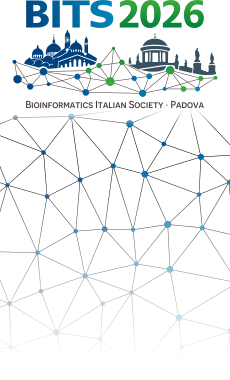SBTM12 - SEQUENCE-BASED TYPING METHODS for MICROORGANISMS
with Keith Jolley, Nick Loman, João Carriço,
Mario Ramirez, Nuno Faria and Teresa Conceição
Course Description
Overview
Technological advances in DNA sequencing have led to the adoption of sequence-based typing methods as the standard techniques for bacterial identification at strain level, specially due to their portability and reproducibility. The widespread use of remotely accessible databases offering different typing data and the development of diverse data analysis techniques show the impact of Bioinformatics in this field, and the need for understanding how to operate with the databases and algorithms. Recently, the capability of sequencing whole bacterial genomes in a few days using Next Generation Sequencing (NGS) methodologies, opened a new door for the development of more sophisticated strain identification tools.
Objectives
This training course is directed for the data analysis of sequence based typing methods, from the raw-data to the identification of a strain type by several typing methodologies, and the use of analysis algorithms to create groups of related strains. It will span from Single Locus Sequence Typing methods, such as spa typing or emm typing, to the now established MultiLocus Sequence Typing (MLST) and Multilocus Variable Number of Tandem Repeats Analysis (MLVA) methodologies. The course will also cover methods that apply to whole genome sequence data, and show how NGS data can be analyzed and made sense of, in this context.
The course will be essentially hands-on. Short presentations will be interweaved by tutored assited exercises.
The participants are expected to gradually gain user independence by acquiring new analytical skils in using software and online databases for specific typing methods. Special attention will be given to methods that can use NGS datasets.
Target Audience
This course is aimed to anyone working in molecular epidemiology, that wants to develop or consolidate skills in the use and analysis of sequence-based typing methods. The course will be illustrated with examples from different bacterial species, but the concepts are applicable to any species and to other sequence-based typing methods, not explicitly referred to in the course.
Course Pre-requisites
Basic understanding of molecular biology, namely in microbial typing methodologies and elementary computer interaction skills are expected.
Futher details, including application instructions available at
http://gtpb.igc.gulbenkian.pt/bicourses/SBTM12
Società Italiana di Bioinformatica
Sede legale Viale G. Mazzini, 114/B – 00195 Roma
C.F. / P.IVA 97319460586
C.F. / P.IVA 97319460586
© 2003-16 • designed by esthos • powered by sciencedev




